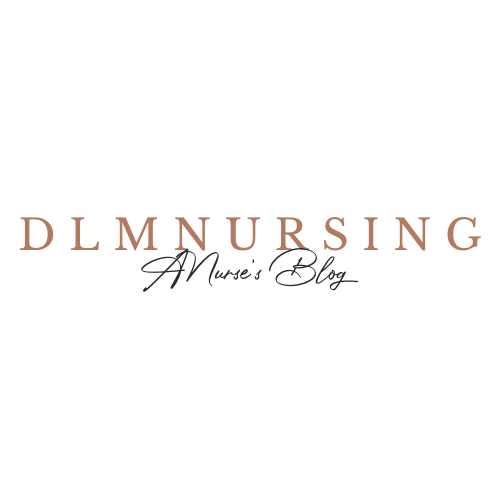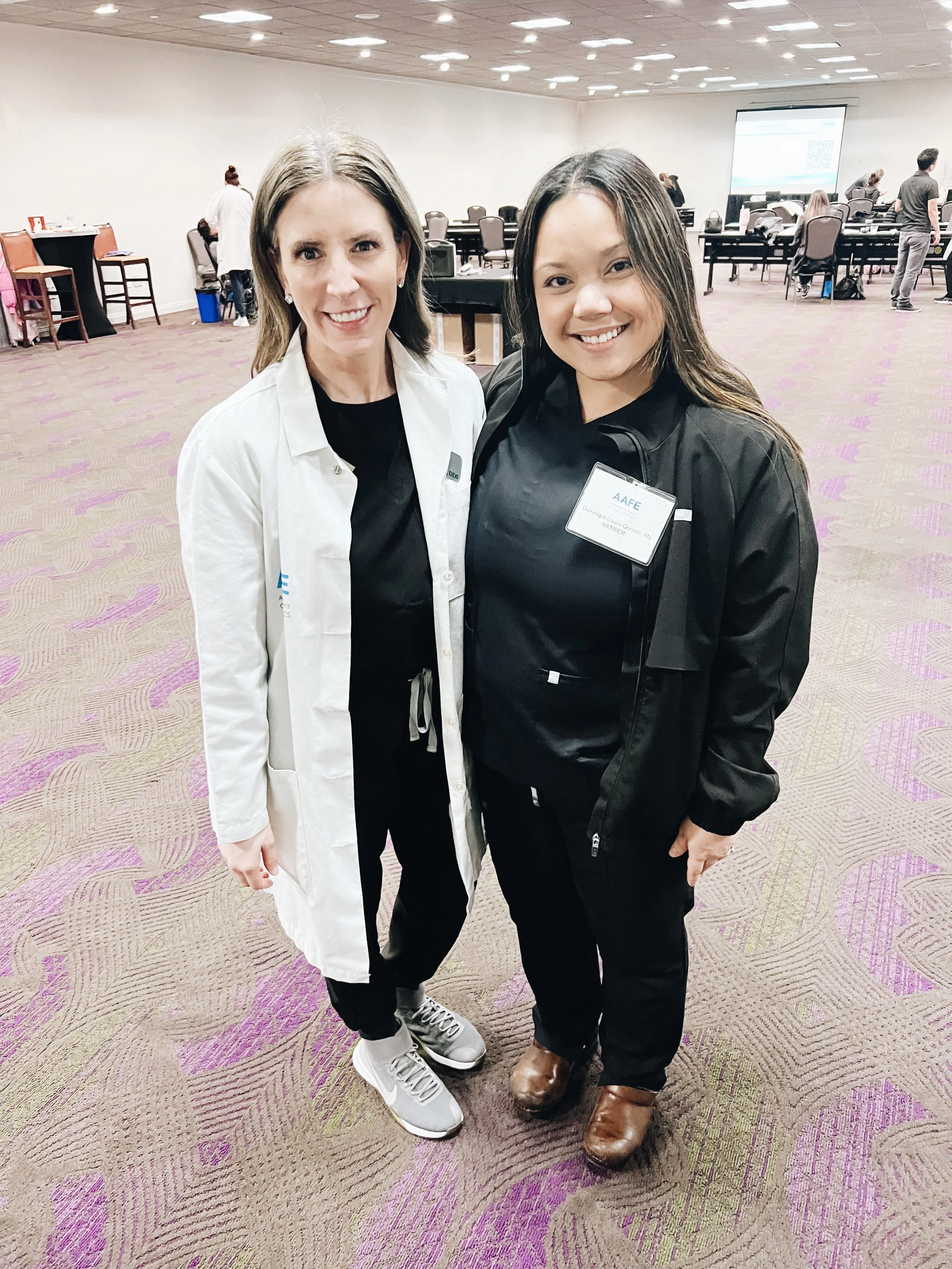Nursing Students, Secure Your Dream Job with These Resume Writing Hacks
A well-crafted resume is essential for nursing students who are looking to secure their dream job. It serves as a marketing tool that highlights your skills, experience, and qualifications to potential employers. In the competitive field of nursing, a strong resume can make all the difference in landing an interview and ultimately getting hired. As a nursing student, it is important to understand how to effectively showcase your strengths and stand out among other applicants through your resume. With the right strategies and techniques, you can create a powerful resume that will help you secure your dream job in the healthcare industry.
Understanding the Requirements
After completing your nursing education and gaining some clinical experience, the first step in creating a strong resume is to thoroughly understand the requirements of the job you are applying for. This means researching the specific skills and qualifications that your potential employer is looking for in their ideal candidate. This information can typically be found in the job posting or on the company's website.
Once you have identified what your potential employer is seeking, it is important to tailor your resume accordingly. Highlighting these desired skills and qualifications will show that you possess what they are looking for and make you stand out among other applicants.
When researching these requirements, also pay attention to any specific certifications or licenses that may be necessary for the position. Be sure to include these in your resume if you have them or mention when you plan on obtaining them if they are currently in progress.
In addition to technical skills, many employers also look for soft skills such as communication, teamwork, and problem-solving abilities. These qualities are essential for success in nursing roles and should be highlighted throughout your resume through examples from previous experiences.
Networking with current nurses who work at the facility where you hope to secure a job can also provide valuable insight into what qualities they value most in their employees. Use this knowledge to further tailor your resume towards those specific attributes.
Overall, understanding and addressing the specific requirements of a potential employer shows that you have taken time and effort into crafting a personalized application rather than sending out generic resumes. It demonstrates genuine interest in working for their organization which can greatly increase your chances of landing an interview.
Formatting and Structure
Choosing the right resume format is crucial in making a good first impression on potential employers. There are three common types of resume formats: chronological, functional, and combination.
A chronological resume lists your work experience in reverse chronological order, with your most recent job at the top. This format is ideal for nursing students who have some clinical experience to showcase, as it highlights your career progression and growth over time.
On the other hand, a functional resume focuses more on skills and qualifications rather than specific job titles or dates of employment. This type of format works well for those who may not have much work experience but have acquired transferable skills through coursework or extracurricular activities.
The third option is a combination resume which combines elements from both the chronological and functional formats. It allows you to highlight both your relevant skills and work experience in one concise document.
When choosing a format, consider what will best showcase your strengths and make them stand out to potential employers. Whichever format you choose, be consistent throughout your entire resume to ensure a polished and professional look.
In addition to selecting the right format, structuring your resume for maximum impact is equally important. A well-organized layout can make all the difference in how hiring managers perceive your application.
Start by including a strong opening statement that summarizes why you are qualified for the position and captures their attention from the start. Following this should be sections highlighting education, clinical experiences (if applicable), certifications/licenses held or currently pursuing, technical skills related to nursing such as EMR software proficiency or language fluency if relevant to the position being applied for.
Be sure to use bullet points when listing information within each section instead of lengthy paragraphs; this makes it easier for recruiters/hiring managers to quickly scan through key details about you without getting overwhelmed by text-heavy content.
Finally, don't forget about formatting basics like using clear headings/subheadings so that different sections are easy-to-find when scanning your resume. Additionally, use a consistent font and size throughout the document for
Highlighting Relevant Experience and Education
When highlighting your relevant experience and education on your resume, it is important to focus on the clinical experiences that are most relevant to the job you are applying for. This could include internships, volunteer work, or any other hands-on experience in a healthcare setting. Be sure to highlight any specific skills or procedures you have learned during these experiences that would be valuable in the role you are seeking.
Additionally, showcasing relevant coursework and certifications can also make an impact on potential employers. This demonstrates your dedication to continuing education and staying up-to-date with industry standards and practices. If there are specific courses or certifications that align with the requirements of the job posting, be sure to feature them prominently on your resume.
Don't forget about including any leadership roles or extracurricular activities related to nursing as well. These can demonstrate qualities such as teamwork, time management, and communication skills which are highly valued in the nursing field.
Lastly, when writing about your experiences and education, use action-oriented language rather than just listing responsibilities. For example instead of saying "Assisted nurses with patient care", say "Provided direct patient care under supervision of registered nurse". This shows initiative and highlights what you accomplished rather than just stating what you were assigned to do.
In conclusion, crafting a strong nursing student resume requires understanding what employers are looking for in their ideal candidate and tailoring your document accordingly. Choose a format that best showcases your strengths while being consistent throughout all sections of your resume. Organize information effectively using bullet points and clear headings/subheadings so it is easy for recruiters/hiring managers to quickly find key details about you. Lastly, use action-oriented language when describing experiences/education to show initiative rather than simply listing responsibilities.
Key Skills and Achievements
One of the most important sections of a nursing student resume is the Key Skills and Achievements section. This is where you can showcase your unique abilities that make you stand out as a candidate for the job.
Start by identifying your top skills that are relevant to the position you are applying for. These could include technical skills such as medication administration or wound care, as well as soft skills like empathy and communication. Make sure to highlight any specific achievements related to these skills, such as receiving recognition for exceptional patient care or successfully completing a difficult procedure.
Another way to showcase your accomplishments is through measurable results. For example, if you were able to improve patient satisfaction scores during your clinical rotation, be sure to include this in your resume along with specific numbers or percentages.
It's also important to mention any honors or awards received during your education or clinical experiences. This not only demonstrates recognition from academic institutions but also shows dedication and excellence in the field of nursing.
In addition, if you have experience working with diverse populations or in different healthcare settings, be sure to highlight this on your resume. The ability to adapt and work effectively with various patients and teams is highly valued in the nursing field.
Lastly, don't forget about mentioning any professional development courses or workshops attended that have enhanced your knowledge and skills in nursing. This shows employers that you are committed to continuous learning and self-improvement within the healthcare industry.
Overall, when writing about key skills and achievements on your resume, be strategic in selecting what will catch an employer's attention while showcasing how you can contribute positively towards their organization's goals.
Including References
Including references on your resume is a common practice in the job application process. This section allows potential employers to get an idea of how others perceive you and your work ethic. However, it is important to carefully consider who you choose as references and how you list them on your resume.
When choosing references, make sure they are individuals who can speak positively about your skills and character. This could include professors, clinical instructors, previous supervisors or managers, or even colleagues from volunteer experiences. It's also a good idea to ask for permission before listing someone as a reference so they are aware they may be contacted by potential employers.
Once you have selected your references, it's important to format their information correctly on your resume. Some people choose to simply write "References available upon request" at the bottom of their resume while others prefer to list specific names and contact information under a separate heading.
If you choose to list specific references, make sure their name, title/position, company/institution name (if applicable), phone number and email address are included. Be sure that this information is accurate and up-to-date so that potential employers can easily reach out if needed.
It's also helpful to provide some context for each reference such as how long you have known them or in what capacity (e. g., professor for 2 years). This gives the employer an idea of the level of familiarity between yourself and the reference.
Lastly, always inform your chosen references when applying for jobs so they are prepared if contacted by potential employers. Additionally, thank them for being willing to serve as a reference and keep them updated throughout the hiring process.
In conclusion, including references on your nursing student resume can add credibility to your qualifications but should be done strategically with careful consideration of who will best represent you in front of potential employers.
In addition to traditional resumes used in job applications through email or online portals,
Nursing students may also need a specialized version of their resume to bring along during interviews or networking events. This type of resume
Tailoring Your Resume
Another important aspect of tailoring your resume is customizing it for each potential employer. This means taking the time to research the organization or facility you are applying to and highlighting relevant skills and experiences that align with their values and mission.
Start by carefully reviewing the job description and identifying key qualifications and responsibilities. Then, make sure these are reflected in your resume through specific examples from your education, clinical experiences, or extracurricular activities. This shows employers that you have taken the time to understand their needs and are a good fit for their team.
Additionally, consider adapting your language and tone to match the company culture. For example, if you are applying to a more formal healthcare institution, use professional language throughout your resume. On the other hand, if you are seeking a position at a more relaxed clinic or community health center, feel free to be more conversational in your writing.
It's also important to pay attention to any specific application instructions provided by the employer. Some may ask for certain documents or information along with your resume such as transcripts or letters of recommendation. Make sure to follow these instructions carefully as they can demonstrate attention-to-detail and professionalism.
Lastly, don't be afraid to get creative with formatting while still maintaining an organized layout. For example, using bullet points or bolding certain keywords can help draw attention towards important details on your resume.
In conclusion, tailoring your nursing student resume requires customization for both individual job postings as well as specific organizations/facilities within the field of healthcare. By showcasing relevant skills/experiences while demonstrating understanding of an employer's needs/culture through careful research/adaptation of language/formatting,
You can effectively stand out among other applicants when pursuing opportunities in nursing.
Proofreading and Polishing
Proofreading and polishing your resume is a crucial step in the job application process. A polished resume can make all the difference when it comes to catching the attention of potential employers and landing an interview. Here are some tips for proofreading your resume to ensure it is error-free and ready to impress.
First, take a break after writing your resume before beginning the proofreading process. This will give you fresh eyes when reviewing your work and help catch any mistakes that may have been overlooked while you were focused on writing.
Next, read through your resume slowly and carefully, paying close attention to spelling, grammar, punctuation, and formatting errors. It's also important to check for consistency throughout your document in terms of verb tense usage, font styles/sizes, and bullet point formats.
Another helpful tip is to read through each section separately rather than trying to tackle the entire document at once. This allows you to focus on specific details in each section without getting overwhelmed with too much information at once.
It can also be beneficial to ask someone else such as a friend or family member with strong editing skills or knowledge of the nursing field to review your resume as well. They may catch errors that you have missed or provide valuable insights from their perspective as a reader.
Once all necessary corrections have been made, it's time for final touches that will make your resume stand out among others. This could include adding relevant keywords from job postings (if applicable), using action-oriented language instead of passive phrases when describing experiences/education, including measurable results/accomplishments where possible,
And organizing information in a visually appealing manner using white space effectively.
Additionally, consider customizing different versions of your final draft tailored towards specific jobs/companies within the healthcare industry as discussed earlier in this outline. By putting extra effort into polishing each version of your resume,
You increase its chances of standing out among other applicants who may not have taken these extra steps towards perfection.
In conclusion, proofreading and polishing your resume is a crucial step in the job
Conclusion
The nursing field is highly competitive, and having a strong resume can make all the difference in achieving success as a nursing student. Your resume is your first opportunity to showcase your skills, experiences, and potential to potential employers. It serves as a snapshot of your academic achievements, clinical experiences, extracurricular activities, and any other relevant qualifications that make you stand out among other candidates.
Therefore, it's important for nursing students to invest time and effort into crafting a well-written and professional resume. This document not only highlights your credentials but also demonstrates your attention-to-detail, organization skills, and ability to effectively communicate information.
It's also essential for nursing students to understand the importance of tailoring their resumes for different job opportunities within the healthcare industry. By customizing each version of their resume according to specific job postings or organizations they are applying to,
Nursing students can better showcase how their unique background aligns with an employer's needs.
In addition, proofreading and polishing one's resume is crucial before submitting it for job applications or interviews. A polished resume free from errors shows professionalism and attention-to-detail - qualities that are highly valued in the healthcare field.
Lastly, it's important for nursing students not to underestimate the power of networking when it comes to landing employment opportunities. Building connections within the industry through events or online platforms can help increase visibility and potentially lead to more job prospects.
In conclusion, a strong resume is crucial for nursing students looking to enter into the competitive field of healthcare. By taking the time to tailor their resumes towards specific jobs/companies while ensuring they are error-free and polished through careful proofreading/editing processes, nursing students can effectively market themselves as top candidates among other applicants vying for similar positions.






